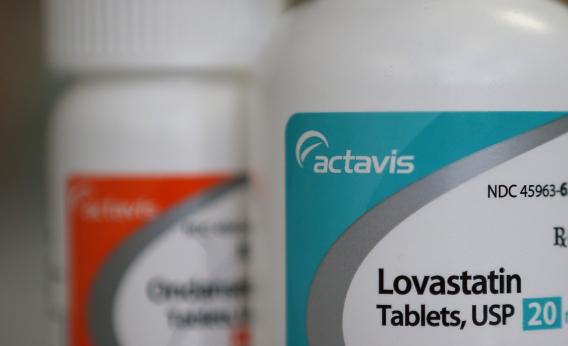Very important business development in this morning’s Supreme Court ruling in the case of FTC v. Actavis Inc., which takes place at the murky intersection of patent law and competition law.
The basic issue here is that pharmaceutical companies had gotten into the habit of forming “reverse payment” agreements as a way of resolving some patent disputes. In a reverse payment agreement, a company gets paid money to not manufacture a generic alternative to a brand-name drug. The FTC filed suit, alleging that this kind of arrangement violates the Federal Trade Commission Act. Both a District court and the 11th Circuit ruled against the FTC, but a Supreme Court coalition of liberals plus Anthony Kennedy reversed the decision today.
I’m not a lawyer and won’t try to speak to the legal issues here. Economically speaking, the problem here is that, looked at as a whole, federal policy often seems to be in a state of disagreement with itself as to whether competitition is good or bad.
There’s a whole raft of legislation and institutions dedicated to the proposition that monopoly is a leading problem with capitalism. That’s why the Justice Department has an Anti-Trust Division, and the FTC has a big and important anti-trust arm. The FCC and the FAA also deal with competition concerns in their specific domains. All in all, the U.S. government thinks monopolies are bad—they promote high prices and hurt consumers. But there’s also a whole raft of legislation and institutions dedicated to the proposition that absence of monoply is a leading problem with capitalism. That’s why there’s a Patent and Trademark office and it’s why the Trade Representative’s office spends so much time pushing intellectual property provisions in trade and investment deals. All in all, the U.S. government thinks monopolies are good—they promote high prices and encourage investment and innovation.
So which is it? As readers know, I’m very much an intellectual property skeptic. So I’m glad to see this ruling. But the larger issue is that if the federal government wants to promote competition in the pharmaceutical space the place to look isn’t just anti-trust law, it’s patent law. The whole point of these patents is to prevent competition and encourage windfall monopoly profits. If we want more competition and lower prices, we should be reducing patent term length and taking other measures to directly erode the federal government’s current monopoly-creation agenda.
